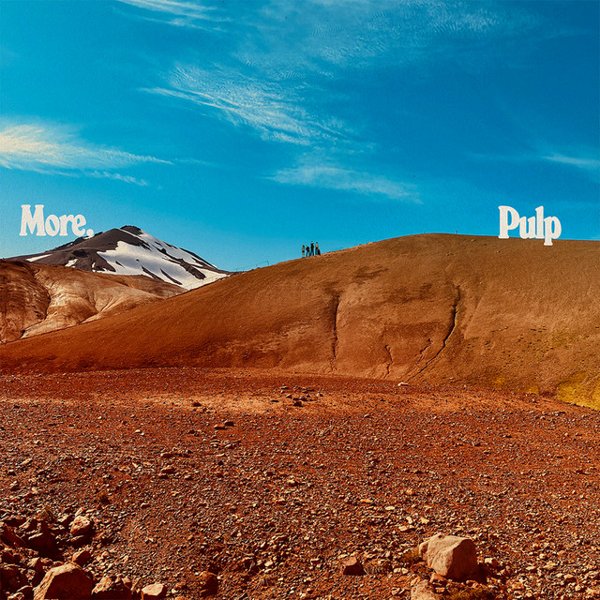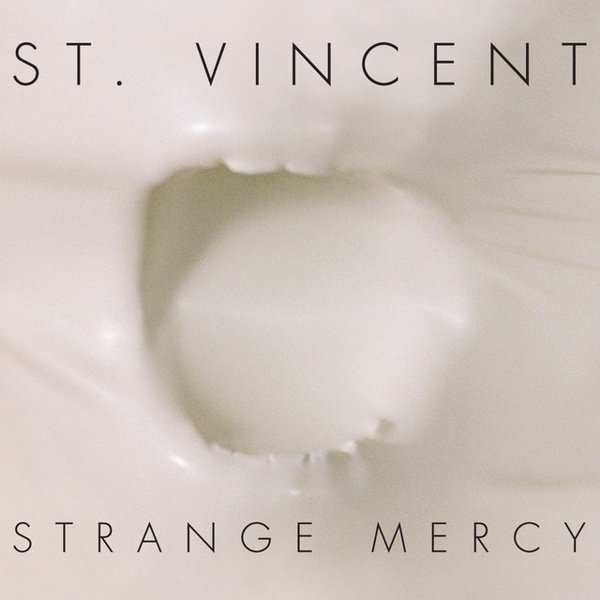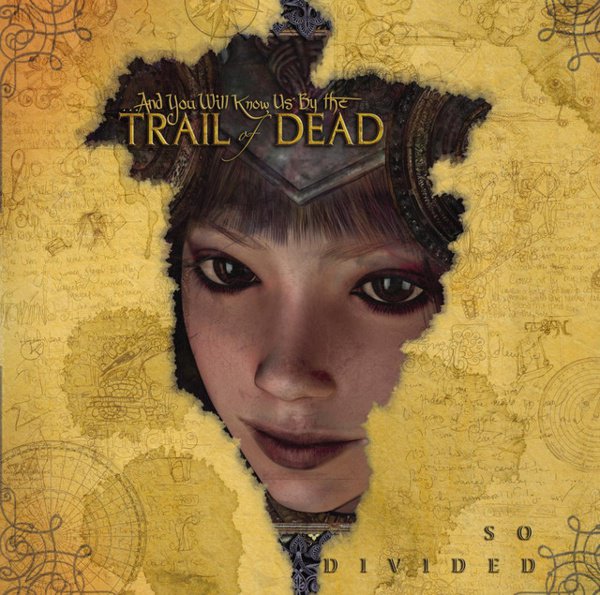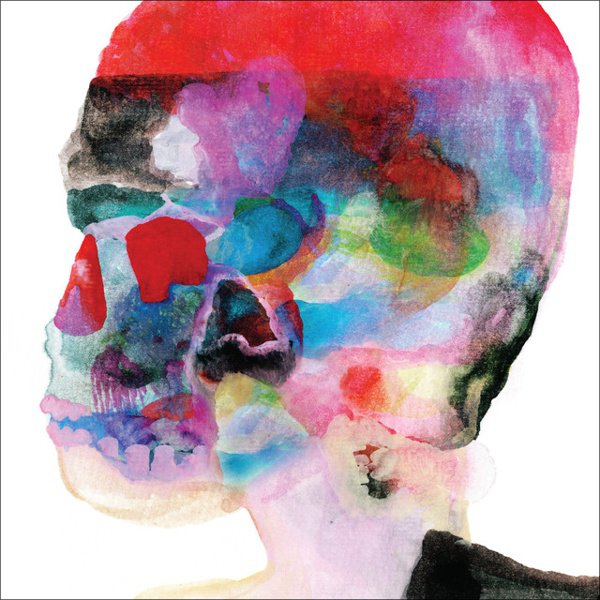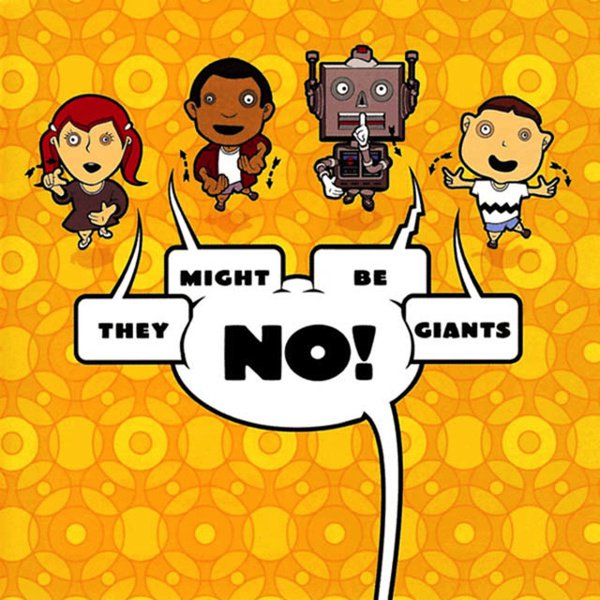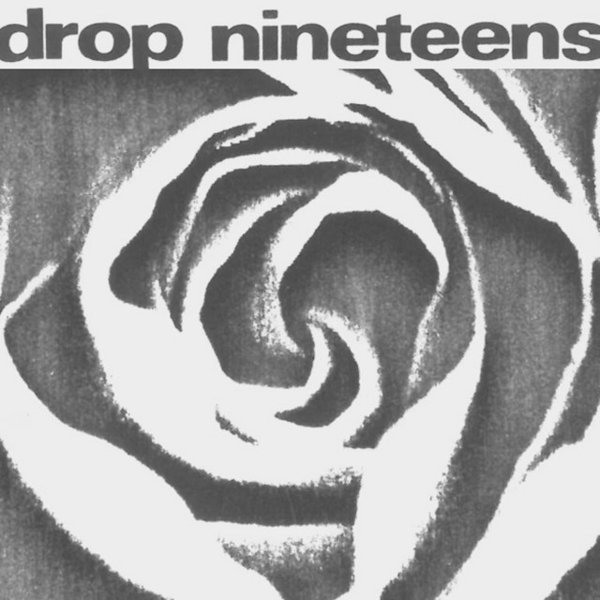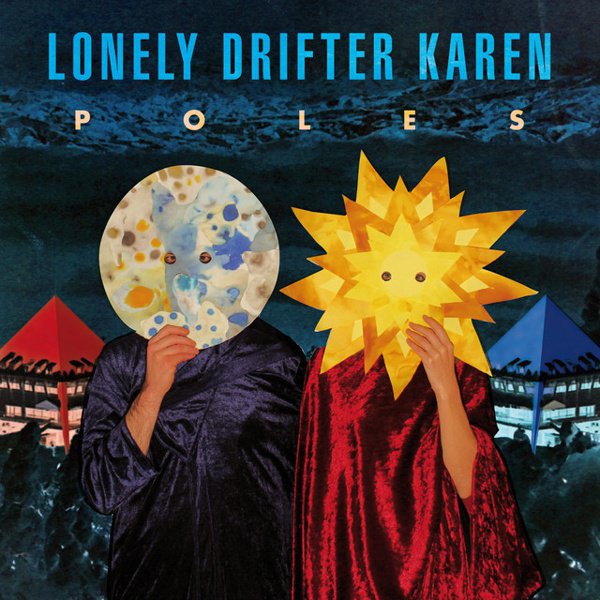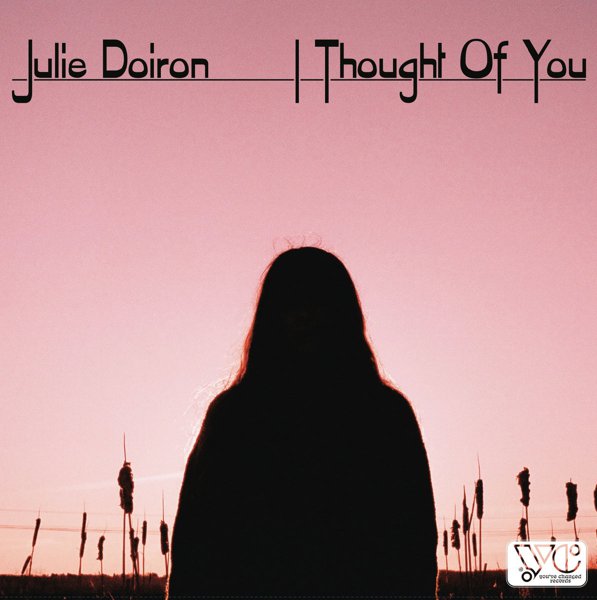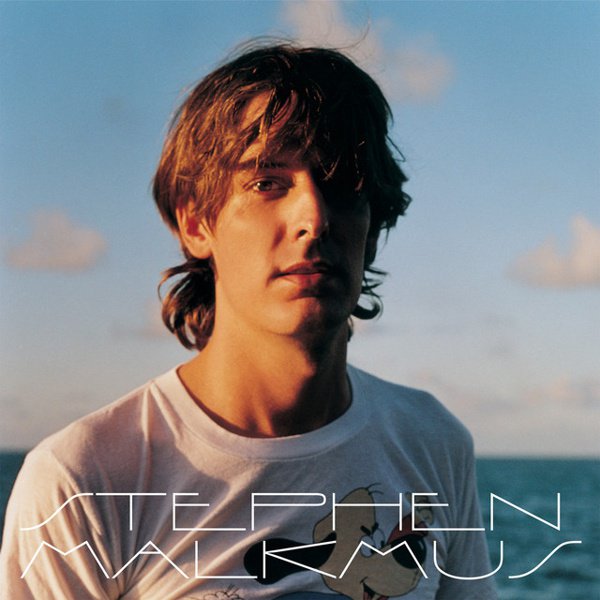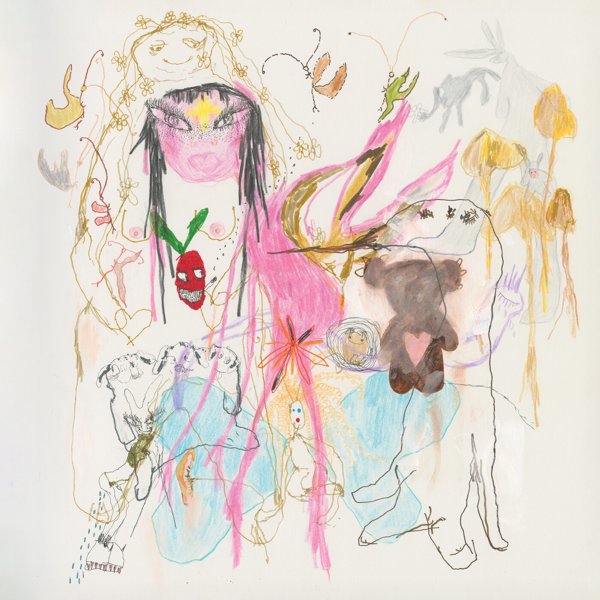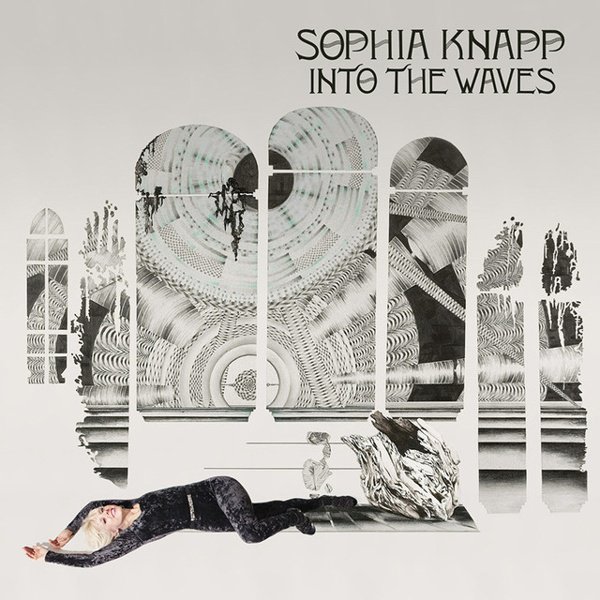More
A surprisingly, unusually solid comeback album would’ve been fine. But the kind of self-aware, existentially anxious, empathy-forward cool that Jarvis Cocker’s made his m.o. isn’t the sort of perspective that diminishes with age. So surprising and unusual don’t entirely feel like appropriate terms to use for More., their first album in a staggering two dozen years. This holds especially since Cocker’s largely maintained the same sardonic sense of cultural solidarity he’s cultivated in the intervening years, when he was happily inclined to warn us of what kind of people were still running the world while still holding out for optimism on the margins. Still, the absence of now-passed peak-era bassist Steve Mackey isn’t the only sign that there’s a suffusion of closure on More. — it’s just that it comes with a spark and a sense of momentum you could imagine continuing further on, like an adventurously creative TV series whose renewal is so uncertain that its directors make the last episode of the season feel like a workable series finale. The pop-artsy ennui and nervous libido that made their hits as raw-nerved as they were hooky have evolved with each stage of their collective lives, from the callowness of youth onwards. And it’s here that they lean into that certain ache that comes with discovering that getting older means the mistakes of youth feel that much more painful. The locales are gazed over with a retrospective regret — returning to the scene of “Sorted for E’s and Wizz” on “Spike Island” like a lonesome disco homecoming to a place you hope will offer you a good do-over. The pitfalls of having testosterone can take longer to fade than expected, too — a man in his sixties having to remind himself (and his audience) in “Got to Have Love” that you’ll still need that emotional link in your life long after your party favors lose their spring. The desperation is as palpable as the backbeat, with both every bit as inseparable from the pathos, and it gets more thrilling the more it threatens to get too far into emotional overload. The downmouthed Kinks-y bounce of “Grown Ups” is an insidiously heartbreaking confrontation with the realization that adulthood never wound up being as dynamic and glamorous as your childhood self hoped it would be, while your childhood itself remains permanently impossible to return to. The Morricone/Gainsbourg-inflected “Tina” draws its queasy fascination from the desperate depths of a domestic fantasy involving a woman he’s never even spoken to. And there’s more than one metaphor at work at “A Sunset” — a sardonic ethereal folk-rock endcap whose central joke is that people would appreciate (or complain about) the titular phenomenon a lot more if it was monetizable. Now factor in that this is the last song on the latest album by a band that recorded their first Peel Session in 1981. After all this time, Pulp’s name, redolent of cheap ephemeral genre fiction, truly fits — it’s horny, sordid angst on the surface, but with subversive interrogations of the depths of the psyche and a fearlessly raw panache that makes it knock the wind out of you.

